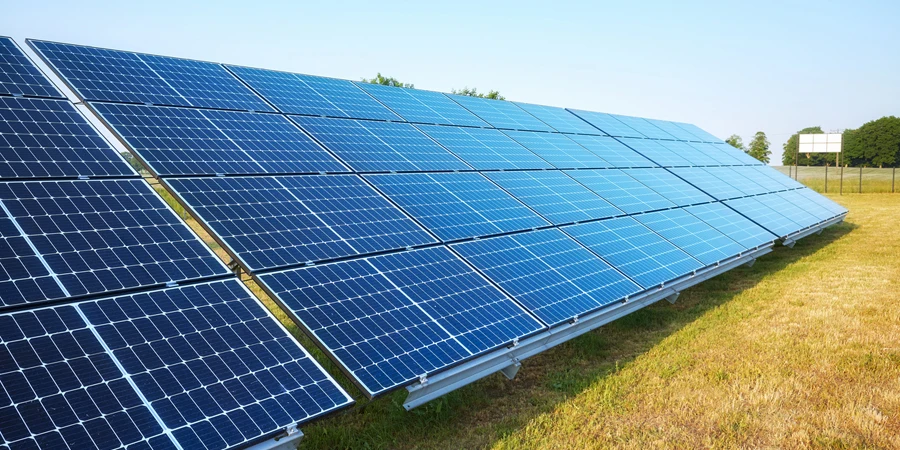- European Commission has approved modifications to the RRF plans of both Romania and Hungary
- These factor in the high inflation in 2022 and 2023 and the supply chain challenges related to the Russian war in Ukraine
- Romania will use additional funds approved to boost green energy production on state property
- Hungary will be able to approve grid connections for 12 GW weather-dependent renewable power plants
The European Commission has green-signaled the modified Recovery and Resilience Facility (RRF) plans of Romania and Hungary, both of which have added a REPowerEU chapter to accelerate green energy deployment to become independent of Russian fossil fuels before 2030.
ROMANIA
For Romania, its RRF is now worth €28.5 billion, comprising €14.9 billion in loans and €13.6 billion in grants. The modified plan that factors in high inflation in 2022 and 2023 and supply chain disruptions due to the Russian war in Ukraine, has a strong focus on green transition.
The 2 new reforms include a legal framework for the use of non-production or degraded state property for green energy production, and to set up one-stop-shops to provide advisory services for energy efficiency renovations and energy production from renewable sources for prosumers.
New measures also include voucher schemes that are aimed at accelerating renewable energy deployment for households, especially vulnerable households.
Overall, Romania now allocates 44.1% of the budget to measures supporting climate objectives, up from 41% in the previous plan.
Even as the country aims to speed up renewable energy deployment, its state utility Hidroelectrica has reportedly cancelled a tender to explore the feasibility of 1.5 GW floating solar capacity, citing ‘serious deviations from the legislative procedures.’ According to the local news portal Economica, the project was proposed to be located on land owned by State Lands Agency in Piscul Sadovei-Dăbuleni area in Dolj.
HUNGARY
The positive assessment of Hungary’s RRF by the commission makes the plan worth €10.4 billion, comprising €6.5 billion in grants and €3.9 billion in loans. The REPowerEU chapter is worth €4.6 billion alone.
According to the commission, the modified plan allocates 67.1% of available funds to achieving climate objectives, up from 48.1% in the previous plan. Among measures approved include issuing 12 GW of grid connection authorizations to weather-dependent renewable power plants.
In August 2023, EU approved Hungary’s plans to encourage solar panel manufacturing under a €2.36 billion support scheme (see EU Green Signals More Support For Renewables).
Source from Taiyang News
Disclaimer: The information set forth above is provided by Taiyang News independently of Chovm.com. Chovm.com makes no representation and warranties as to the quality and reliability of the seller and products.








